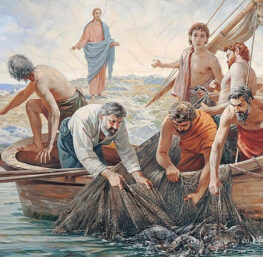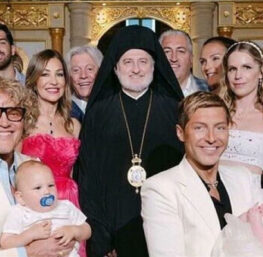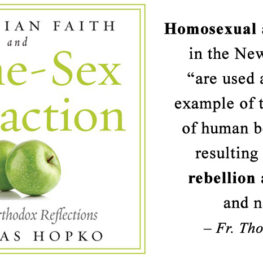FrontPageMag | Mark D. Tooley | Apr. 3, 2008
Was it really an April Fools trick or did the World Council of Churches (WCC) actually admit that Christians in Islamist Sudan endure some unpleasantness? According to an April 1 report from the WCC news service, a WCC delegation recently visited Khartoum and was “shocked” to learn that a Christian cemetery in the nation’s capital is also being used as a used car lot.
Once the visiting ecumenists recover from their shock, maybe they’ll get around to realizing that Sudan is governed by theocratic Islamists who killed 2 million southern, mostly Christian Sudanese during the war that concluded in 2005.
The Religious Left has adopted the suffering in Darfur, a Sudanese province, as one of its pet issues. Their concern for Darfur is admirable. Hundreds of thousands of African Muslims have perished there, usually at the hands of Arab militias backed by the Islamist regime in Khartoum. Since Darfur is about Muslims killing other Muslims, it evidently is permissible for the Religious Left to take an active interest in it.
But the even more horrible and genocidal sufferings of the southern Sudan rarely provoked a peep from the Religious Left in the United States or elsewhere in the West, including the Geneva-based WCC. The war in southern Sudan was negotiated to a tenuous peace in 2005 with help from the Bush Administration, urged on by a coalition in the U.S. of evangelicals, Jews, black church leaders and other human rights activists who began organizing in the 1990’s. The world’s worst case of Islamist terror somehow never aroused enormous interest from the WCC, the National Council of Churches in the U.S. or other Religious Left groups supposedly so concerned about global justice.
But miracles do occur, and the WCC finally found its way to Khartoum, evidently having heard rumors of difficulties for Christians there. The WCC official report sagely observes: “It is hard for Christians to have their own place – even after they have died. The city’s Christian cemetery, which has been turned into a sales park for second hand cars, illustrates well the challenges faced by the minority Christian community in the northern, predominantly Muslim part of the country.”
. . . more



